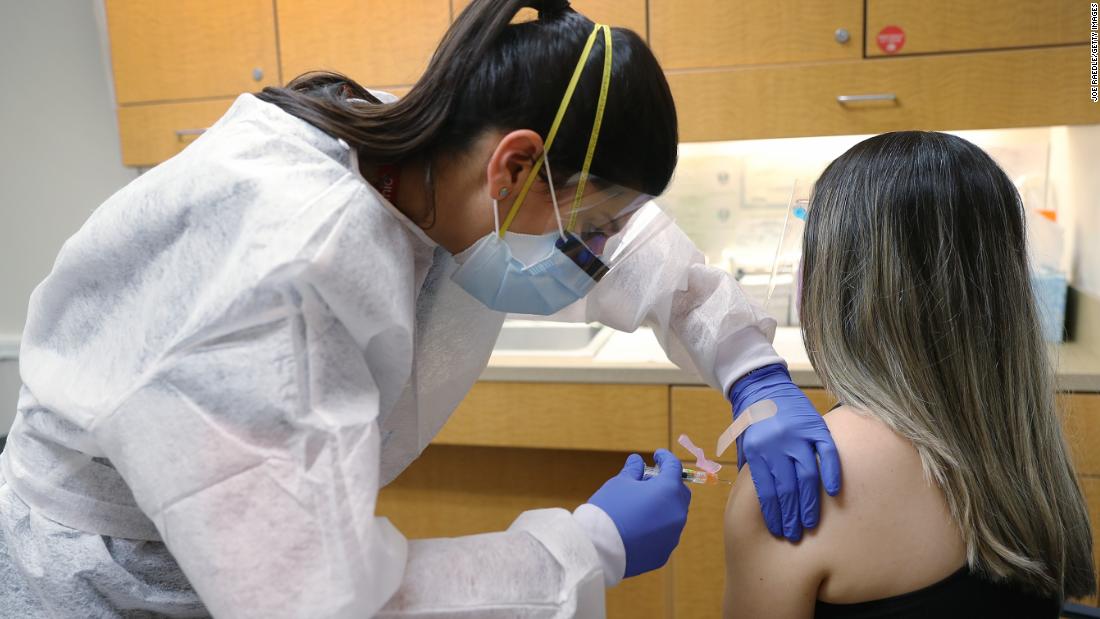The onset of the flu season can be a source of trepidation for many, but it’s essential to recognize that there’s still time to protect yourself and your loved ones with an influenza vaccine. With myriad myths and misconceptions circulating about the effectiveness and necessity of flu shots, it’s paramount to reassess the value of this preventive measure before the season progresses further.
As autumn descends, the question arises: why prioritize a flu shot? The most compelling rationale lies in the vaccine’s potential to mitigate the severity of illness. Influenza can be unpredictable, and while some individuals experience only mild symptoms, others may succumb to severe complications. This is particularly true for high-risk populations, including the elderly, young children, and those with chronic health conditions. By getting vaccinated, you can significantly reduce the likelihood of severe health outcomes not just for yourself but also for those around you.
Curiously enough, many individuals exhibit hesitation due to previous experiences or hearsay. This skepticism often stems from fears of side effects, yet it is crucial to contextualize these responses within the broader framework of public health. The reality is that the side effects of the flu shot—such as soreness at the injection site or mild fever—are typically negligible compared to the ramifications of contracting influenza itself. With the efficacy of the vaccine improving each year through rigorous research and adaptation, opting for immunization emerges as an astute choice.
Aside from personal protection, consider the broader implications of inoculation. Achieving herd immunity is a communal endeavor that shields even those who may not be able to receive the vaccine due to specific medical reasons. Each individual’s decision ripples through the community, underscoring the collective responsibility we share in public health. Therefore, procuring a flu shot not only serves your health but fortifies the defense of your community.
Moreover, it’s essential to address the timing. Many believe that the ideal moment for vaccination is immediately before flu season begins. However, health professionals indicate that receiving the flu vaccine later in the season—up until December or even January—can still confer robust immunity. This flexibility allows individuals who may have procrastinated or been uncertain to still take action.
In conclusion, while the calendar may inch forward, the opportunity to safeguard your health remains very much alive. The flu shot is more than a simple vaccine; it embodies a commitment to personal health, communal well-being, and informed decision-making. Embrace the chance to protect yourself against influenza, and in doing so, cultivate a healthier environment for all.
